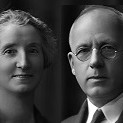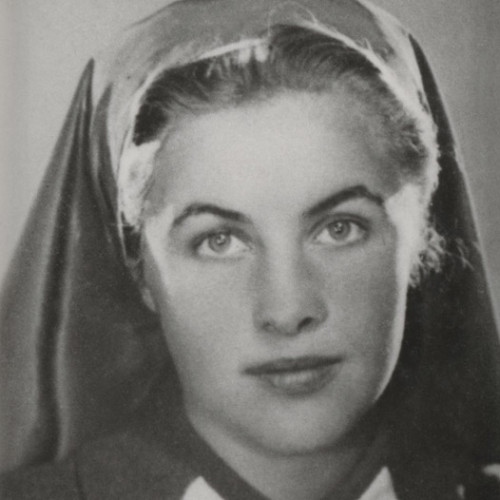Stefan Jan Ryniewicz (1903—1988) - Instytut Pileckiego
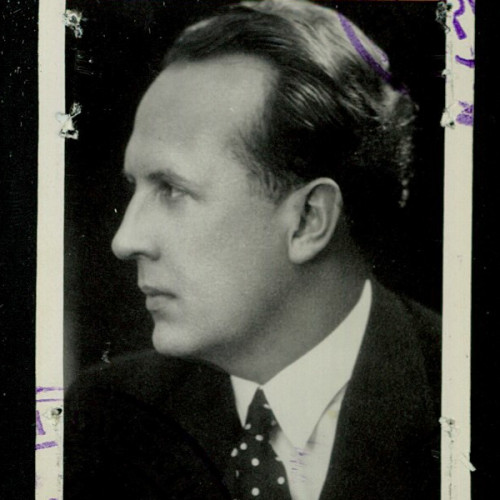
He was the deputy to Aleksander Ładoś. Ryniewicz’s role was to provide diplomatic security to the whole operation.
His diplomatic career began in 1928 at the Polish embassy in Bern (1928 —1933). Next, he was employed in the cabinet of Józef Beck, the minister of foreign affairs. He was the Polish consul in Riga in the years 1935—1938 before
he returned to the embassy in Bern as the First Secretary and from 1943 as an
advisor.
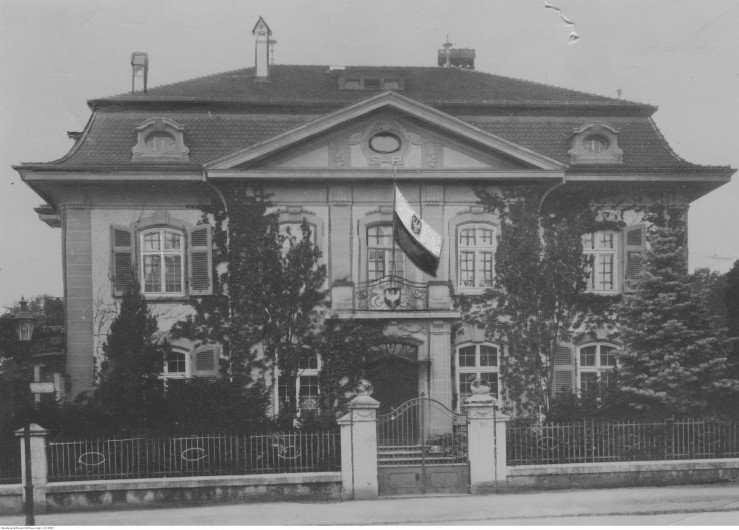
He was the deputy to Aleksander Ładoś and a member of the group which issued illegal Latin American passports to persecuted Jews. Ryniewicz’s role was to provide diplomatic security to the whole operation. He convinced Latin American diplomats to acknowledge the passports and maintained contact with Jewish organizations.
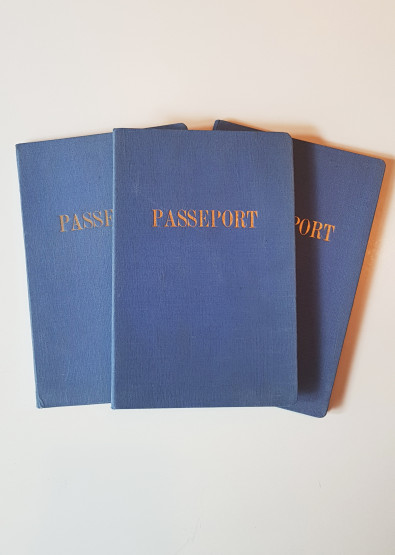
When the Swiss authorities discovered the passport campaign in 1943, he intervened with the head of the Swiss police, helping to keep the operation quiet. He remained in Switzerland after the war and then went to France. From there, he emigrated to Argentina where he ran his own business. He was an active member of the Polish diaspora and was the chairman of the Polish Club. He died in Buenos Aires in 1988.
THE ŁADOŚ GROUP
The Ładoś Group, also called the Bernese Group, comprised Polish diplomats, employees of the Polish embassy in Bern, and representatives of Jewish organizations cooperating with them. The group was led by the Polish embassy’s chargé d’affaires Aleksander Ładoś. In addition to him, three other Polish diplomats at the embassy were also members of the group: Stefan Ryniewicz, Konstanty Rokicki and Juliusz Kühl, as well as two activists from Jewish organizations in Switzerland: Abraham Silberschein and Chaim Eiss.
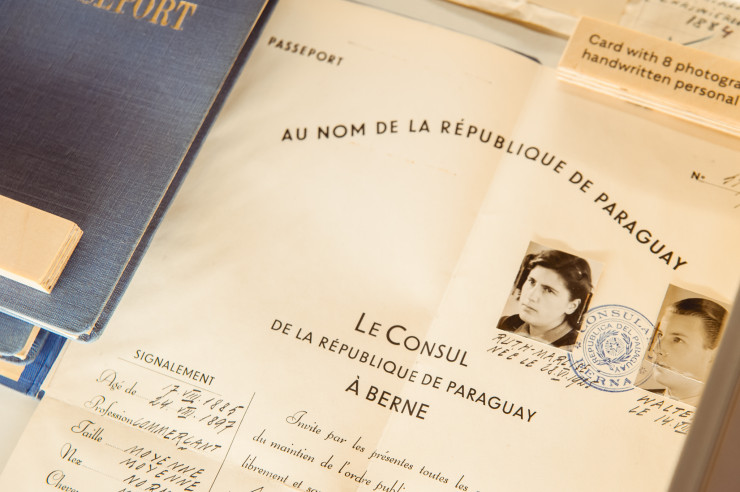
During the Second World War, the group illegally issued Latin American (mainly Paraguayan) passports. The operation was initially intended for Jews in the ghettos of occupied Poland, but over time the passports were sent to other countries such as the Netherlands. Issuing these passports to Jews greatly increased their chances of survival — the documents meant their bearers might be sent for internment instead of extermination. It is estimated that the group issued passports for up to 10,000 people.
fot. Swiss Federal Archives E4264#1988/2#22016*, ref. P059786,
RYNIEWICZ, STEFAN JAN, 26.12.1903, 1945—1956
See also
- Władysława Nagórka z d. Lech (1895—1981)

awarded
Władysława Nagórka z d. Lech (1895—1981)
Antoni and Władysława Nagórka lived at the edge of the town. Before the war, Antoni worked for the railways, and Władysława was a housewife. During the war they saved five Jews from the Holocaust.
- Peter Fraser (1884-1950) Janet Fraser (1888-1945)

awarded
Peter Fraser (1884-1950) Janet Fraser (1888-1945)
In the autumn of 1944, the troopship USS General George M. Randall was moored at the coast of New Zealand, carrying 733 Polish children – mostly orphans – and their guardians.
- Ilona Andrássy de Csíkszentkirály et Krasznahorka

awarded
Ilona Andrássy de Csíkszentkirály et Krasznahorka
(1917–1990)Following the outbreak of the Second World War, Ilona Andrássy was working together with other aristocrats, established the Hungarian-Polish Refugee Welfare Committee in Budapest.

